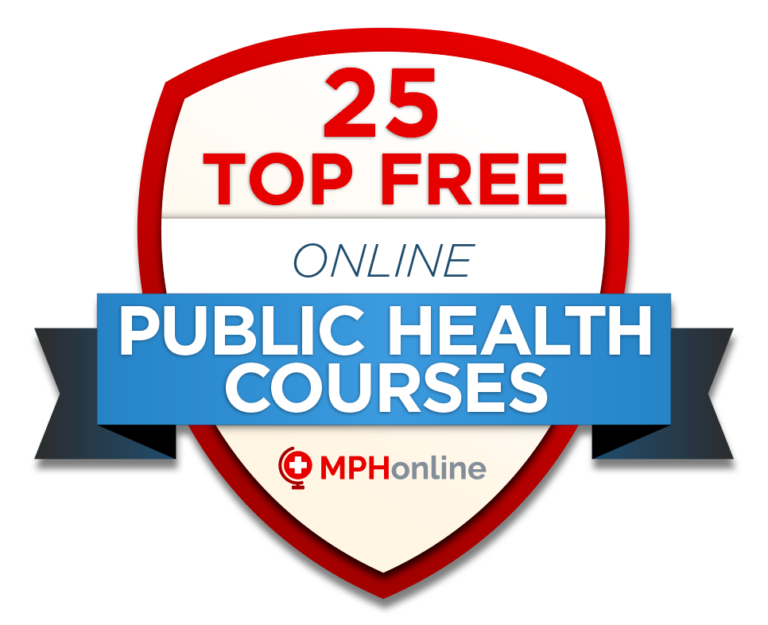Public Health Course Gains National Recognition
November 25, 2019 UMB Public Affairs and Communications
A Graduate School collaboration with the University System and University of Maryland Global Campus, ‘Global Health: Beyond Ebola’ is named one of top 25 free online public health courses for 2020.
“Global Health: Beyond Ebola” — a free online course that is a collaboration among the University of Maryland, Baltimore’s Graduate School, University of Maryland Global Campus, and the University System of Maryland — was selected as one of the nation’s top 25 free online public health courses for 2020 by MPHonline, which describes itself as the online authority for Master of Public Health degrees.
“The class is an introductory course that is designed to teach students about the risks associated with travel when it comes to epidemics and disease,” MPHonline wrote about “Global Health: Beyond Ebola.” “It also explores the outbreak of Ebola as a recent health risk and the complications of new diseases in modern medicine.
“The University System of Maryland differs from other options by focusing on recent epidemics of disease and the potential for complications in modern medicine,” MPHonline continued. “It recognizes that modern medicine does not always have a solution for new diseases and it teaches students the methods used to limit the risk of spreading diseases on a global scale in an increasingly global environment. The free course in public health is an accelerated six-week class that allows students to obtain a certification for a small fee when they finish the classes.”
Here’s the course description from the “Global Health: Beyond Ebola” webpage:
This introductory course, first delivered in September 2016, explores how multidisciplinary teams can work more effectively together to address global health needs.
Whether you seek a career in international health or medicine, volunteer to serve those less fortunate, or work in an institutional setting such as a clinic, hospital, or public health agency, it is important to understand the sources and movement of diseases.
The world continues to grow smaller, with international travel, a global economy, and a changing environment contributing to the emergence of new diseases and the spread of existing ones. Understanding these connections — and how they impact the farthest reaches of the globe — is becoming an essential skill in international development, humanitarian assistance, business and commerce, and at all levels of health care.
The 2003 SARS outbreak and the 2013-2014 Ebola epidemic in West Africa focused the world’s attention on global health. A Toronto medical center and Dallas hospital were far removed from the outbreaks of SARS in China and Ebola in Guinea, yet those diseases arrived and created crises within these facilities and beyond. Research has shown that health security contributes to civil order, economic growth, and stable governments. It has also demonstrated that every nation bears the economic and human burden of disease, illness, and injury.
The director general of the World Health Organization, multiple world leaders, and innumerable health authorities have called for greater awareness and leadership in global health. That journey begins here.